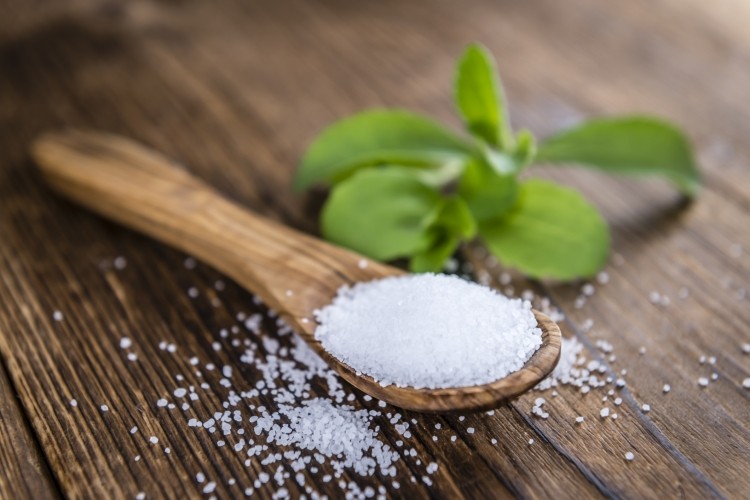Guest article
High intensity sweeteners industry to show 2.3% CAGR

High intensity sweeteners can be found across sectors such as beverages, bakery, confectionery, dairy and dietary products, thanks to their low calorie content and high sweetening power.
Back to our roots
From the era of our ape-like ancestors to the fully evolved human, sugar has been an important part of our diets. Apes found their daily dose of energy from the natural sweeteners obtained from fruits and plants. After centuries of technological advancements and innovations, the 'smart' human is going back to his roots – literally.
With a rise in the number of people suffering from diabetes and obesity, finding healthy substitutes for the calorie-loaded ingredient, sugar, has become the need of the hour.
According to analysis carried out by Allied Market Research, the global high-intensity sweeteners market is all set to reach $2,134m by 2023, from its value of $1,807m in 2016. The high-intensity sweeteners industry is expected to exhibit a compound annual growth rate of 2.3% in 2017–2023.
High-intensity sweeteners are sugar substitutes with a lower calorie content and are required in lesser quantities as compared to other sweetening agents. The low-calorie value allows everyone, including diabetics, to consume sweets without having to worry about their sugar levels.
Leading manufacturers, ranging from the biggest soda manufacturers, Coca-Cola and PepsiCo, to the prominent names in the other sectors such as Heinz Ketchup, Danone, and Nestle are gradually adopting natural, plant-based alternatives to sugar such as stevia and monk fruit.
Stevia: Discovery and growth over 1,500 years
The stevia plant, which can be processed into a zero-calorie sweetener, has been in use for more than 1,500 years.
Stevia, a shrub-like herb was discovered by the Gurani Indians, natives of Paraguay, who knew about the numerous advantages the plant had to offer. They used stevia to sweeten their bitter tea-drink as well as their medicinal tonics.
Later, in the early 1900s, Dr. Moises Santiago Bertoni’s discovery of the live plant led to its cultivation on a wider scale. The year 1931 led to the rediscovery of the plant by two chemists, in France. It was during this period that Japan imposed stringent laws and regulations on the use and consumption of artificial sweeteners. With this revolutionary event in the history of sweeteners, Japan became the first country to commercialize the use of stevia.
PepsiCo to patent its plant-based sweetener, stevia-producing technique
In an attempt to please its consumer base, PepsiCo has pledged that at least two-thirds of the company’s beverage portfolio will have no more than 100 calories by 2025. Recent reports suggest that PepsiCo is focussing on patenting a technique of manufacturing the sugary-tasting steviol glycoside via an enzymatic method. The company believes this method can deliver a product with higher levels of purity at lower costs by controlling temperatures, solutions, and the pH. Its patent application outlines a method of preparing Reb M from Reb A, found in the stevia plant.
$1m up for grabs as Coca-Cola announces prize money for sugar substitute
Coca-Cola has announced a grand prize of $1 million, which will be awarded by October 2018, for an innovator who comes up with a natural substitute for sugar. The contest posted on the crowdsourcing platform Hero X challenges researchers and scientists to find a “naturally sourced, safe, low-or-no-calorie compound that creates the sensation of sugar when used in beverages and foods”. The challenge calls out for natural substitutes - other than the plant-based sweeteners in use such as stevia and monk fruit - in a bid to keep up with its trend of innovations and the consumers evolving tastes and lifestyles.
GURU Energy launches Canada’s first monk fruit sweetened drink
Riding high on its innovative streak, Guru, a Quebec-based company and a global front-runner in the all-natural energy drinks segment, has launched ‘Organic Lite’. Organic Lite uses monk fruit, with a sweetening power 300 times that of sugar, as the natural sweetening agent which is a first in Canada. The drink contains only 20 calories and is approved by ECOCERT Canada and verified GMO-free, gluten-free and vegan.





















